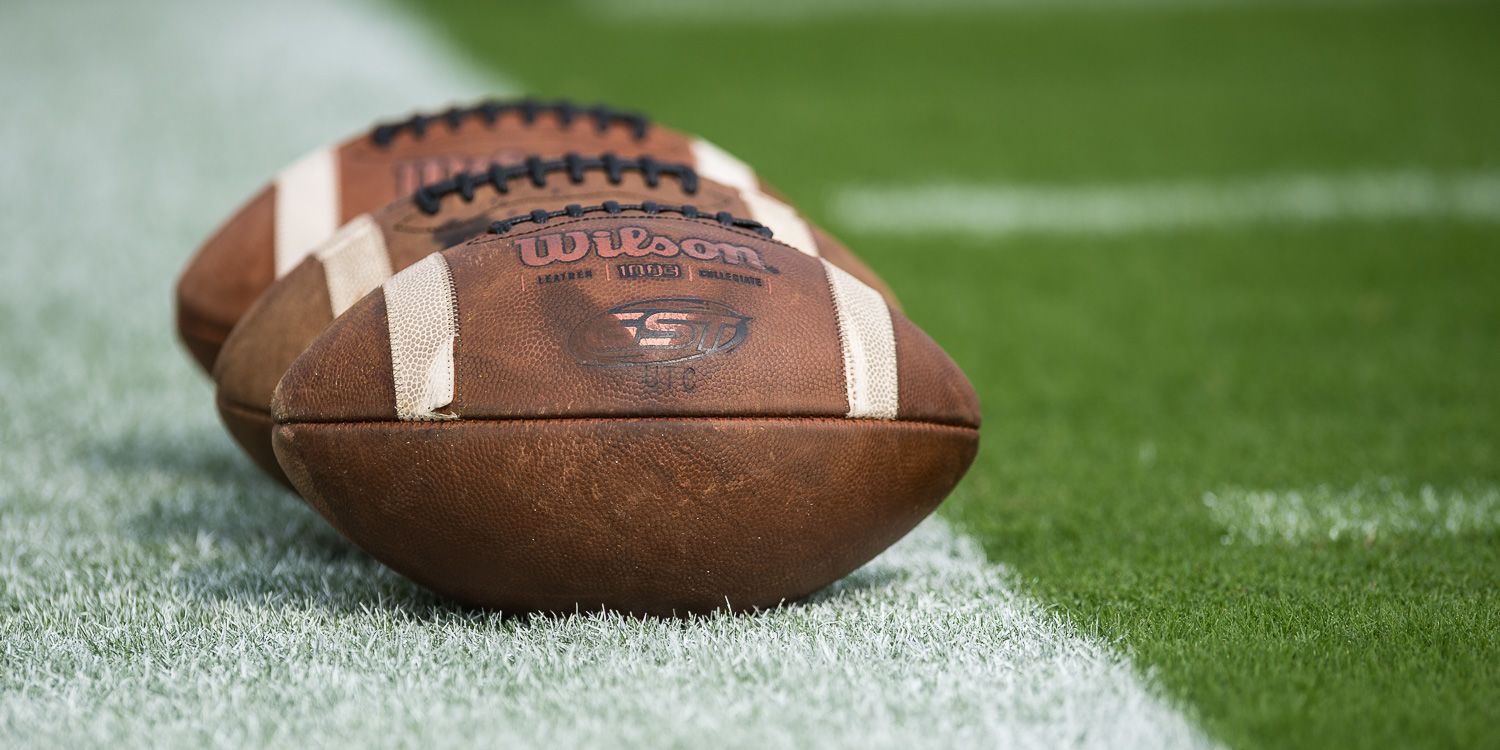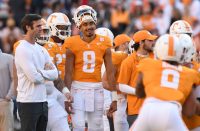Tennessee played four one-possession games this year. They went 1-3 in them against teams that are currently 11-2, 10-2, 9-3, and 9-4. In the three losses, specific calls that should’ve/could’ve gone the other way stand out:
- Against Pittsburgh, a horrendous spot to leave the ball short after a third down run by Hendon Hooker with seven minutes to play and the Vols down 41-34. What should’ve been 1st-and-Goal at the 2 was instead 4th-and-1 at the 3. The Vols failed to convert on fourth down.
- Against Ole Miss, Matt Corral’s forward progress was ruled stopped on what looked like a scoop and score for Tennessee in the first half. In the fourth quarter, a completion on 4th-and-24 with 54 seconds left was ruled short of the marker.
- Today in overtime, Jaylen Wright was ruled stopped on forward progress before he stretched the ball into the end zone on 4th-and-Goal, which he did before the whistle blew.
Josh Heupel’s first season ends at 7-6; “Three bad calls from 10-3!” is an easy narrative. The truth is, the meat and potatoes of how Tennessee has grown this season are very much already in the pot, regardless of today’s aftertaste. It’s also true that Tennessee had additional chances to win those first two games, throwing an interception against Pittsburgh and just missing a touchdown pass from Joe Milton against Ole Miss. In that department, today was actually some form of progress: Tennessee’s offense, which failed to make the plays at the end of those two games and Kentucky (which the defense sealed), scored a pair of touchdowns in the final five minutes (plus one in overtime, some will add) to tie the game twice. The Vols had good calls in most of those situations tonight.
The Vols also had 15 penalties for 128 yards. Purdue had 5 for 61. There’s, uh, an imbalance there, one you might’ve particularly noticed in the pass interference department.
We played this game 11 seasons ago, an inspiring year one from Derek Dooley meeting a cruel end in Nashville. That one felt worse to me in the moment; I was at that game, and watched this one from my living room, so that might be part of it. We did get an NCAA rule change out of it; maybe we’ll get one here on forward progress or, even better, the exaggeration of injury.
You want to say, “Hey, we need to be better than to get beat by bad calls against Pitt, Ole Miss, and Purdue.” But again, those teams all won between 9-11 games this year, 12 if Pitt wins tonight. In the long run, the Vols can make progress by bringing in more talent than those programs, for sure.
But for now, Tennessee ends a promising 2021 campaign with an old reminder I don’t think this coaching staff actually needs: the best way to win close games is not to play them. Next time around in year two, can the Vols be good enough to not get beat by bad calls against teams not named Alabama or Georgia?
Tonight was a good reminder that the margins are still thin. Going forward, can the Vols continue to improve fast enough to widen them against most of their schedule?
There will never be guarantees. Tennessee needs help in the secondary: Alontae Taylor is already gone, and Theo Jackson will join him, leaving much of tonight’s group that gave up 11.1 yards per pass to Purdue (plus three picks). Tennessee needs to figure out what it’s doing in the short yardage run game, which struggled to find success. Tennessee needs to keep recruiting.
But the Vols made a ton of forward progress this year. If that continues, we’ll get beat by “forward progress” less often.
Go Vols.





Very rationale analysis and POV. Bad calls will, unfortunately, be part of the game, but officials need to be held accountable by grading their performance. Those with poor performance need to be penalized and/or “weeded out”. I see no evidence this is happening 🙁
2022 here we come! Go Vols!
I think the first step in fixing the officiating problem is to actually make officials full-time employees with regular salaries, benefits, and the rest. It won’t fix all the problems but it does make more sense than part-time employees. College athletics is a multi-billion dollar industry, it makes almost no sense that such an important part of the game is farmed out to part time contractors. The NFL is smart enough to not do that. Perhaps college sports should do the same. Best quote I’ve seen on it is from Joe Rexrode over at the Athletic. “And the situation is,… Read more »